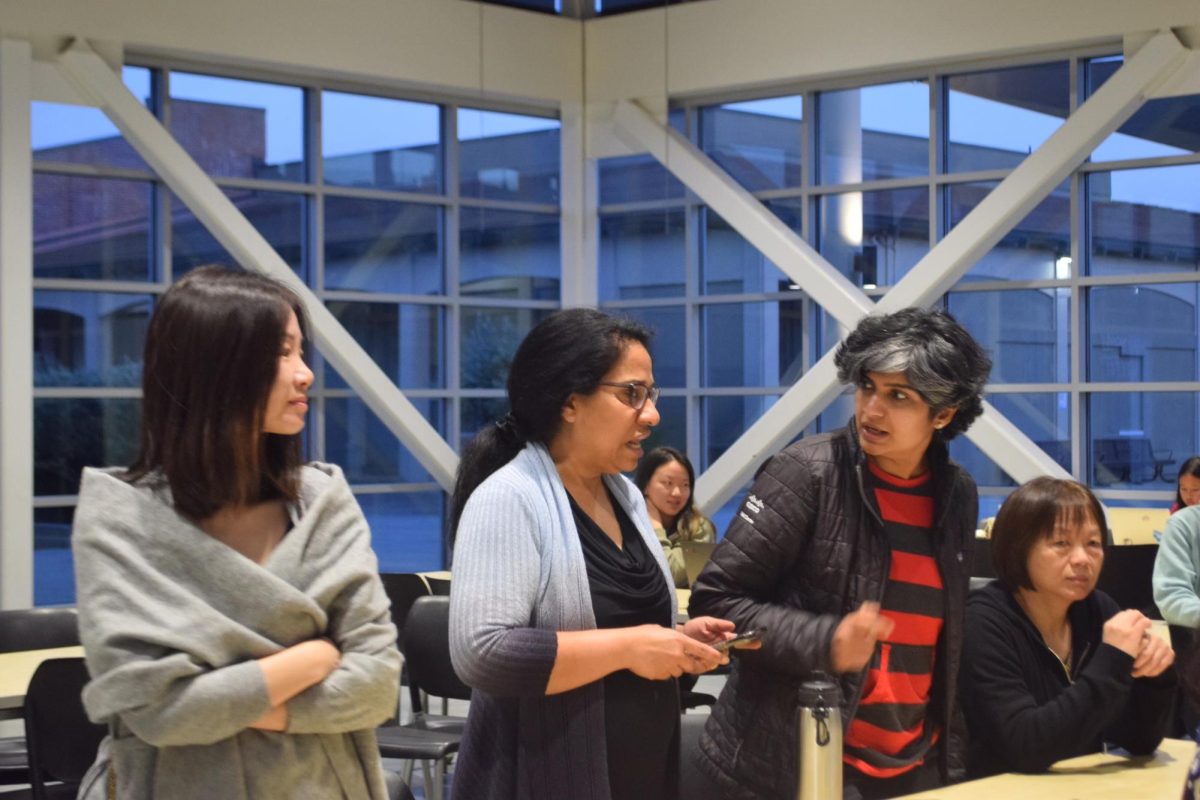V Model United Nations participates in many conferences throughout the year, including small conferences such as the Gunn Model United Nations Conference and the North American Invitational Model United Nations, the nation’s largest MUN conference. Before each conference, members are provided with the topic for their committees, which they are split into, with each committee tackling a different issue. Each MUN member represents a certain country in the committee, and he or she advocates for certain solutions based on the country’s policy and beliefs. Members then dive into the process of creating their position paper, or research paper, that they need to submit to the conference in order to be eligible for an award. Each member, however, has their own unique style of preparing for conferences.
The Workhorse

Time Taken: Three weeks
1. Research “essentials of a country”: Background, kinds of governments, economic policies, relationship with other countries
2. Complete deeper research on specifics depending on topic
3. Research past issues in country
4. Research similar conflicts and solutions to those conflicts
5. Find statistics
Sophomore Apoorva Sirigineedi believes that research and prep is extremely important in doing well at conference, since she believes the more one does, the better of a representative he or she can be for his or her country. Her style for researching has worked out very well for her so far, and she has won two research awards.
“I’m not a very good speaker since I tend to get really nervous,” Sirigineedi said. “But when you’re throwing all these stats at people and all these facts that you’re backing your solution up with, people tend to listen to you more, so it’s actually helped.”

Time Taken: Five hours
1. Read Topic Guide
2. Country Policy Research
3. Outline solutions
4. Create arguments based on solutions
5. Extrapolate: Use existing information to infer other stances and claims
Senior Nupoor Gandhi’s style of prepping not too much and not too little has generally worked out pretty well for her, as she generally wins awards at conferences. She doesn’t believe the key to success lies in how much someone preps, and that it varies from person to person.
“I don’t think prep is really something that’s quantifiable. I don’t think it’s the kind of thing where if you prep more, you’ll do well, or if you prep less, you won’t do as well,” Gandhi said. “You only need to prep the amount you need in order to feel comfortable and confident in order to speak.”
The Time Saver

Time Taken: One hour — “Between getting distracted and stuff like that”
1. Google country’s basic political position
2. Read topic guide
3. Extrapolate: Use existing information to infer other stances and claims
Sophomore Nicholas Chen’s style of very little prep, or as he calls it, “efficient prepping,” has gone both ways for him — it’s worked out well in some cases and not so well in others. For example, if the committee is inexperienced, they will reduce the issue to a single aspect and focus completely on that. This was the case with the Syrian Refugees topic that Chen encountered, which was why he was very successful. However, if it is an experienced committee, people will split the issue into very many sub-sections and tackle all of them. The multiple sub-sections make it a lot harder for Chen to tackle with “efficient prepping,” which, in that case, is why he ultimately doesn’t do well.
“It’s kind of like this. If you’re trying to graphing a line, you can graph a lot of points, or you can graph a few points,” Chen said. “If you have a complex graph — let’s say a parabola, and you only graph two points, it’s going to look like a straight line, so it’s not going to be accurate.”







